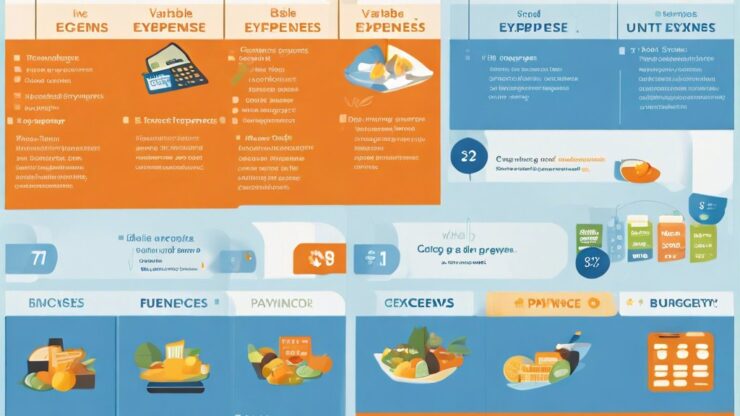In the intricate world of personal finance, understanding the distinction between fixed and variable expenses is crucial for effective budgeting. These two categories form the backbone of your financial planning, influencing how much you can save, invest, or spend each month. By grasping the nuances of each type of expense, you can create a budget that not only meets your needs but also aligns with your financial goals.
Fixed expenses are the steadfast elements of your budget—costs that remain constant regardless of changes in your lifestyle or income. These expenses typically include rent or mortgage payments, insurance premiums, and loan payments. On the other hand, variable expenses are the more fluid aspects of your spending. These can fluctuate from month to month and often encompass categories like groceries, entertainment, and dining out. Understanding the interplay between these two types of expenses is essential for anyone looking to enhance their financial health.
To better illustrate the differences between fixed and variable expenses, we can explore a comparative overview. This breakdown will help individuals identify their own expenses and make informed decisions about their budgeting strategies.
- Fixed Expenses: Consistent and predictable; essential for maintaining a stable lifestyle.
- Variable Expenses: Fluctuate monthly; provide flexibility in budgeting and spending.
- Examples of Fixed Expenses: Rent, mortgage, insurance, car payments.
- Examples of Variable Expenses: Groceries, entertainment, utility bills, travel.
- Budgeting Strategy: Prioritize fixed expenses to ensure financial obligations are met, then allocate remaining funds to variable expenses.
Disclaimer
This article has been created or edited with the support of artificial intelligence and is for informational purposes only. The information provided should not be considered investment advice. Please seek the support of a professional advisor before making any investment decisions.






